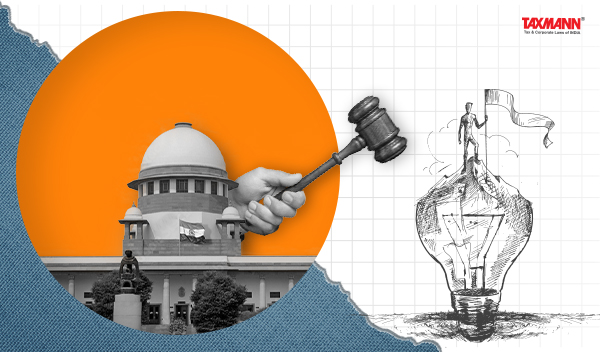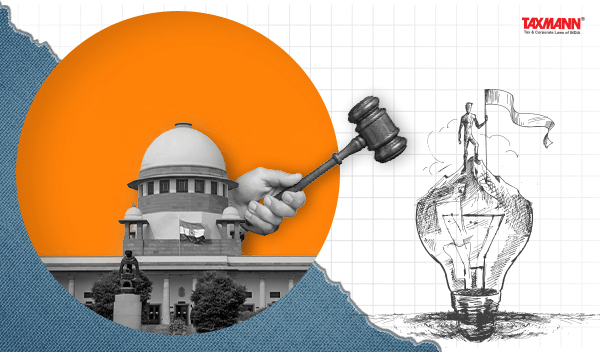
Adv. Mukul Gupta, Adv. Prateek Gupta, Adv. Bharat Agarwal & Adv. Aniket Gupta – [2025] 170 taxmann.com 294 (Article)
One of the most fundamental concepts of Indian Democracy is “Separation of Powers” which means that each of the three Pillars i.e. Executive, Judiciary as well as Legislature would be independent in its domain and there would be no interference. The retrospective amendment w.e.f. 1st July, 2017 as proposed by GST Council and could be adopted by the Legislature to over-come the verdict dt. 3rd October, 2024 by the Hon’ble Supreme Court of India in the matter of Chief Commissioner of Central Goods & Services Tax v. Safari Retreats (P.) Ltd. [2024] 167 taxmann.com 73/90 GSTL 3/106 GST 250 is nothing but interference in Judicial Independence.
The independence of the judiciary is fundamental to the ‘Rule of Law’. A legislation can be invalidated based on breach of ‘separation of judicial power’ since such breach is negation of equality under Article 14. Law can be declared void if it is found to have transgressed the constitutional limitations. The legislature cannot declare any decision of a court of law to be void or of no effect and that too from a retrospective date.
The present Government under the umbrella of GST Council has resorted to an unfair method of rectifying the so called errors of drafting in Section 17(5) of the CGST Act, 2017 wherein the said change
“to align the provisions of section 17(5)(d) of CGST Act, 2017 with the intent of the said section, the Council has recommended amending section 17(5)(d) of CGST Act, 2017, to replace the phrase “plant or machinery” with “plant and machinery”, retrospectively, with effect from 01.07.2017, so that the said phrase may be interpreted as per the Explanation at the end of section 17 of CGST Act, 2017 .”
has been proposed. The objective of avoiding cascading effect as one of the maim aims of GST has been thrown to the dustbin through this proposed retrospective amendment.
The legislature can make a validating law. Making validation as such, it removes the defect which the court finds in the existing law. There should not be an attempt to interfere with the judicial process, and such law may be invalidated. The questions to be examined are whether the legislation targeted at the decided case, what are the terms of law; the issues with which it deals and the nature of the judgment that has attained finality. If law interferes with the judicial functions the Court may declare the law as unconstitutional.
Click Here To Read The Full Article
The post [Opinion] Retrospective Amendments – Separation of Powers Vis-à-Vis Judiciary and Legislature appeared first on Taxmann Blog.
